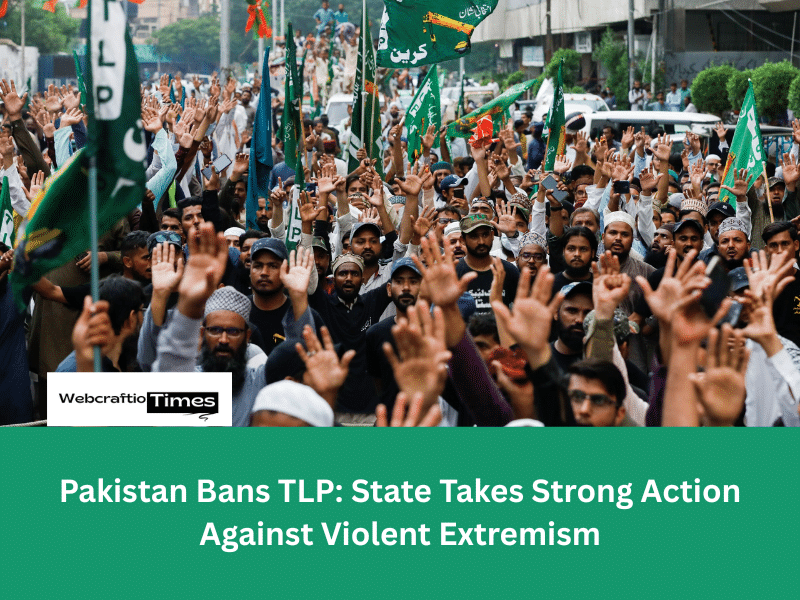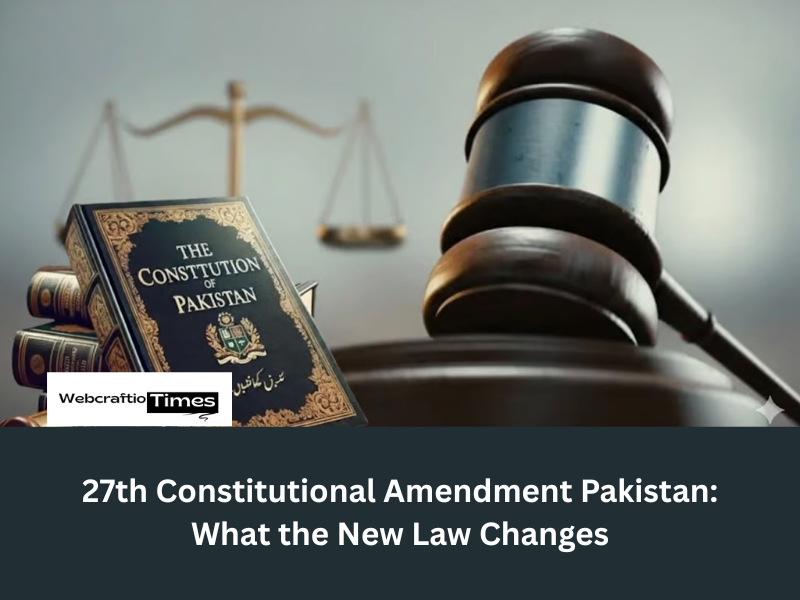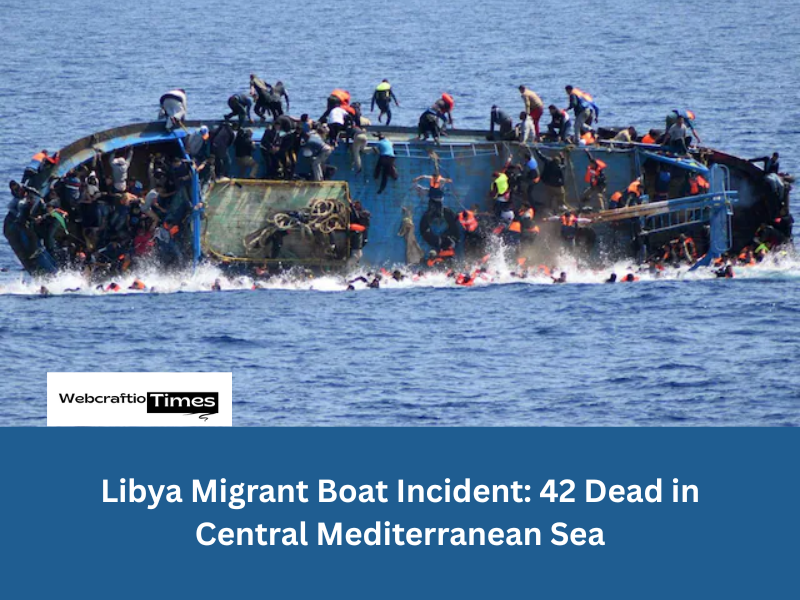Pakistan bans TLP after recent violent protests. The federal cabinet unanimously approved the measure. They proscribed the Tehreek-e-Labbaik Pakistan (TLP) under the Anti-Terrorism Act (ATA). This action marks a crucial moment for state authority. It demonstrates a decisive move against religious extremism. The government is directly challenging a group known for street power. This new ban reflects the state’s resolve against violence.
The Immediate Reason for the Ban
Recent widespread unrest served as the immediate trigger. TLP supporters launched a “Gaza solidarity” march earlier this month. They planned to reach Islamabad. Their goal was to protest outside the US Embassy. Police forces intercepted the long march near Lahore. Violent clashes quickly erupted between law enforcement and protesters. These confrontations resulted in significant casualties. News reports confirm the deaths of both police personnel and civilians. Furthermore, hundreds of people suffered injuries in the fighting.

The Punjab government witnessed the massive disruption. They formally recommended banning the religious party. Chief Minister Maryam Nawaz chaired the meeting. The federal government accepted their summary. Prime Minister Shehbaz Sharif led the cabinet session. The cabinet concluded TLP engages in “terrorism and violent activities.” This conclusion led to the unanimous approval of the ban.
Basis of the Anti-Terrorism Act
The government invoked the Anti-Terrorism Act of 1997. This law provides the legal framework for the ban. The Interior Ministry presented details on TLP’s actions. Officials highlighted a long history of inciting violence. The party has repeatedly challenged the state’s writ since 2016. Its protests often paralyze major cities. Past rallies tragically killed innocent bystanders and security forces.
The Prime Minister’s Office released a clear statement. It noted TLP had received a prior ban in 2021. Authorities lifted that ban after six months. This removal came with a clear condition. TLP leadership guaranteed they would avoid future violence. The current ban confirms they reneged on those crucial promises. This violation provided a strong legal justification for the state’s new move. Pakistan bans TLP to safeguard public order and security.
Crackdown on TLP Infrastructure
The ban initiates a widespread governmental crackdown. The state is dismantling the TLP’s entire operational network. Authorities have begun placing TLP on the proscribed list. This list is maintained by the National Counter Terrorism Authority (NACTA). TLP will join other designated terrorist groups there.
Punjab Police took swift action on the ground. They have arrested over 6,000 TLP activists following the clashes. Authorities are filing terrorism charges against those involved in attacks. The government has also targeted TLP’s physical assets. They have sealed over 60 seminaries run by the radical party. They also took control of TLP mosques. The Auqaf Department is now managing those religious sites. The government aims to disrupt the TLP’s infrastructure completely.
Financial controls form another key component of the crackdown. Authorities have frozen many bank accounts linked to the party. Officials have also identified thousands of financial backers. They are taking legal action against both domestic and foreign funders. Moreover, cybercrime authorities are active. They arrested over 100 social media activists. They also blocked many inflammatory online accounts. These actions aim to sever the group’s funding and propaganda streams.
Political and Legal Implications
The ban represents a significant political statement. It shows a departure from past appeasement policies. Successive governments previously struggled with TLP. They often negotiated under duress from violent sit-ins. This new firm stance signals the government’s commitment. They seek to establish the state’s writ as supreme. They send a clear message to all extremist elements.
The ban process, however, is not immediately final. The federal government must refer the declaration to the Supreme Court. They have a 15-day deadline for this constitutional requirement. The Supreme Court holds the final power to outlaw a political party. Its decision on the matter will be conclusive. If the court endorses the ban, TLP will officially cease legal operation. This will officially formalize the decision that Pakistan bans TLP.
The TLP has a controversial but significant political base. It is known for its populist, far-right religio-political activism. The party focuses on Pakistan’s strict blasphemy laws. It has mobilized massive street support based on this issue. TLP garnered millions of votes in recent general elections. The ban immediately ends its electoral participation. This will also impact the country’s political landscape.
Experts note the delicate balancing act. The state must stop violent agitation. At the same time, it must safeguard democratic rights. The government insists the ban targets violence, not religious ideology. This distinction is crucial for maintaining stability. The long-term success requires a sustained and comprehensive strategy. The state must address the root causes of radicalization effectively. It must also ensure a permanent, non-violent political solution. Pakistan bans TLP, starting a new chapter in its fight against extremism. The world is watching to see if this decisive action holds.
FAQs on Pakistan’s Ban of TLP
Q1. What specific action did the Pakistani government take against the TLP?
The federal cabinet unanimously approved a ban on the Tehreek-e-Labbaik Pakistan (TLP). They designated the party a proscribed organization under the Anti-Terrorism Act (ATA).
Q2. What caused the government to impose this ban?
The government acted after recent violent protests led by the TLP, which resulted in deaths and injuries. They cited the TLP’s involvement in “terrorism and violent activities” and the violation of earlier agreements.
Q3. Is this the first time Pakistan banned the TLP?
No, the government previously banned the TLP in 2021 under the same Anti-Terrorism Act. Authorities lifted that ban after about six months following negotiations with the party leadership.
Q4. What immediate steps has the government taken to enforce the ban?
Authorities have taken several actions. They have arrested thousands of TLP activists, sealed TLP seminaries and offices, and frozen bank accounts linked to the party.
Q5. Is the ban on the TLP permanent now?
The federal cabinet approved the ban, but it is not yet final. The government must formally refer the matter to the Supreme Court of Pakistan. The Supreme Court’s decision will ultimately determine the party’s permanent legal status.
For More Latest News and Updates: Click Me



